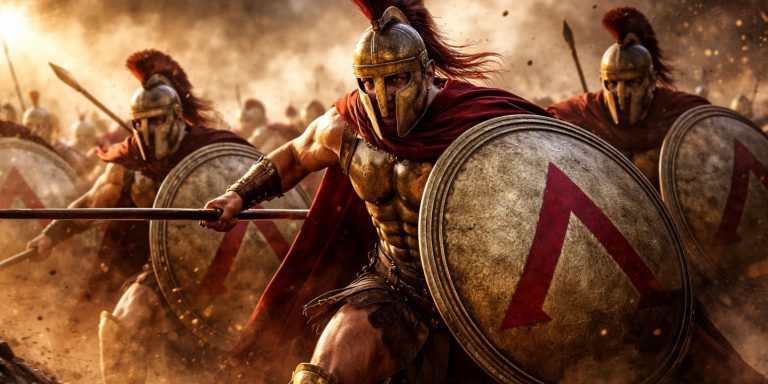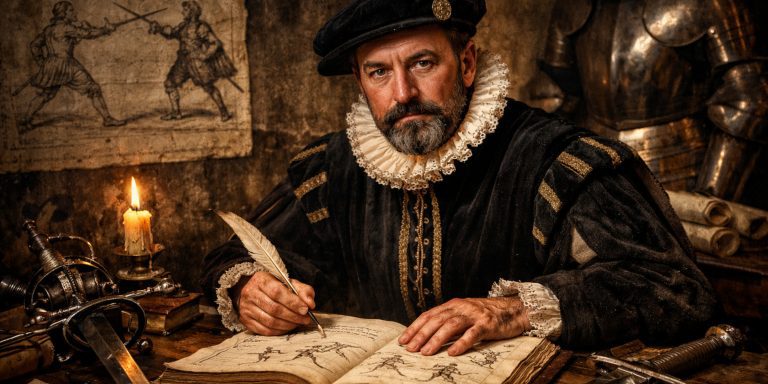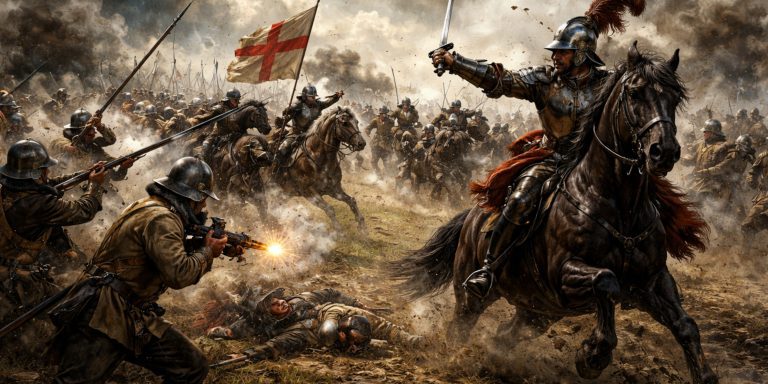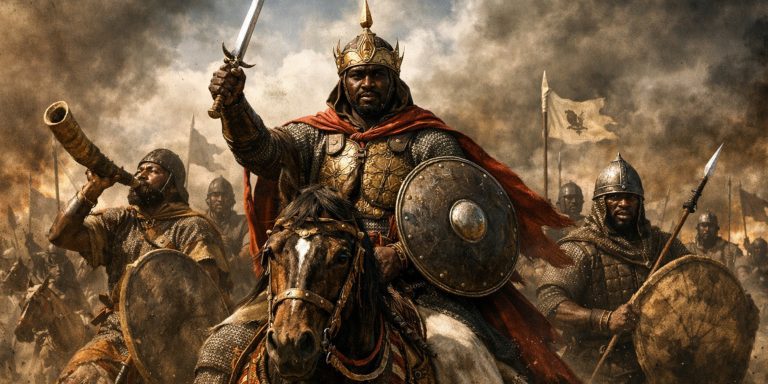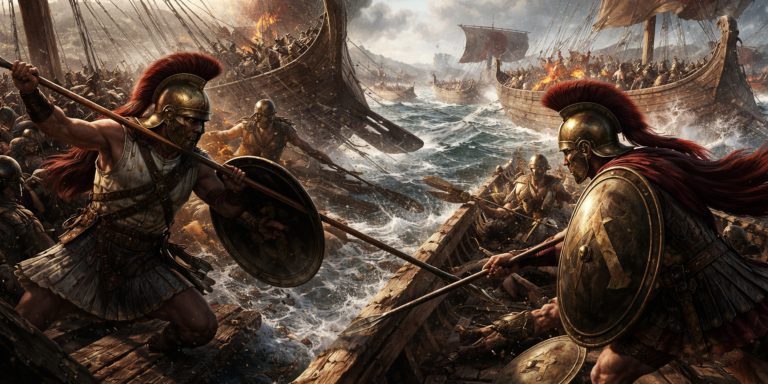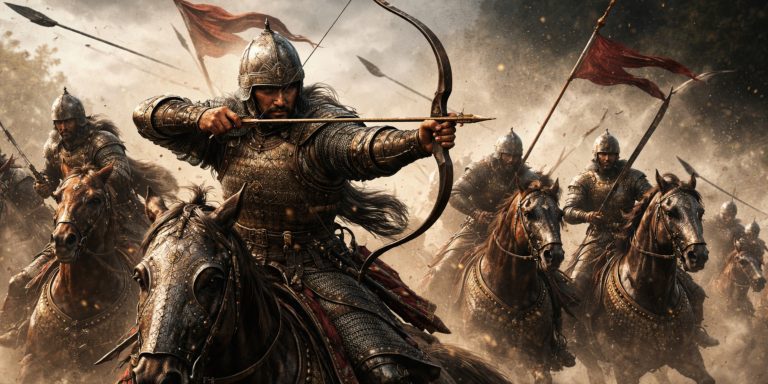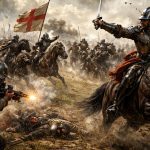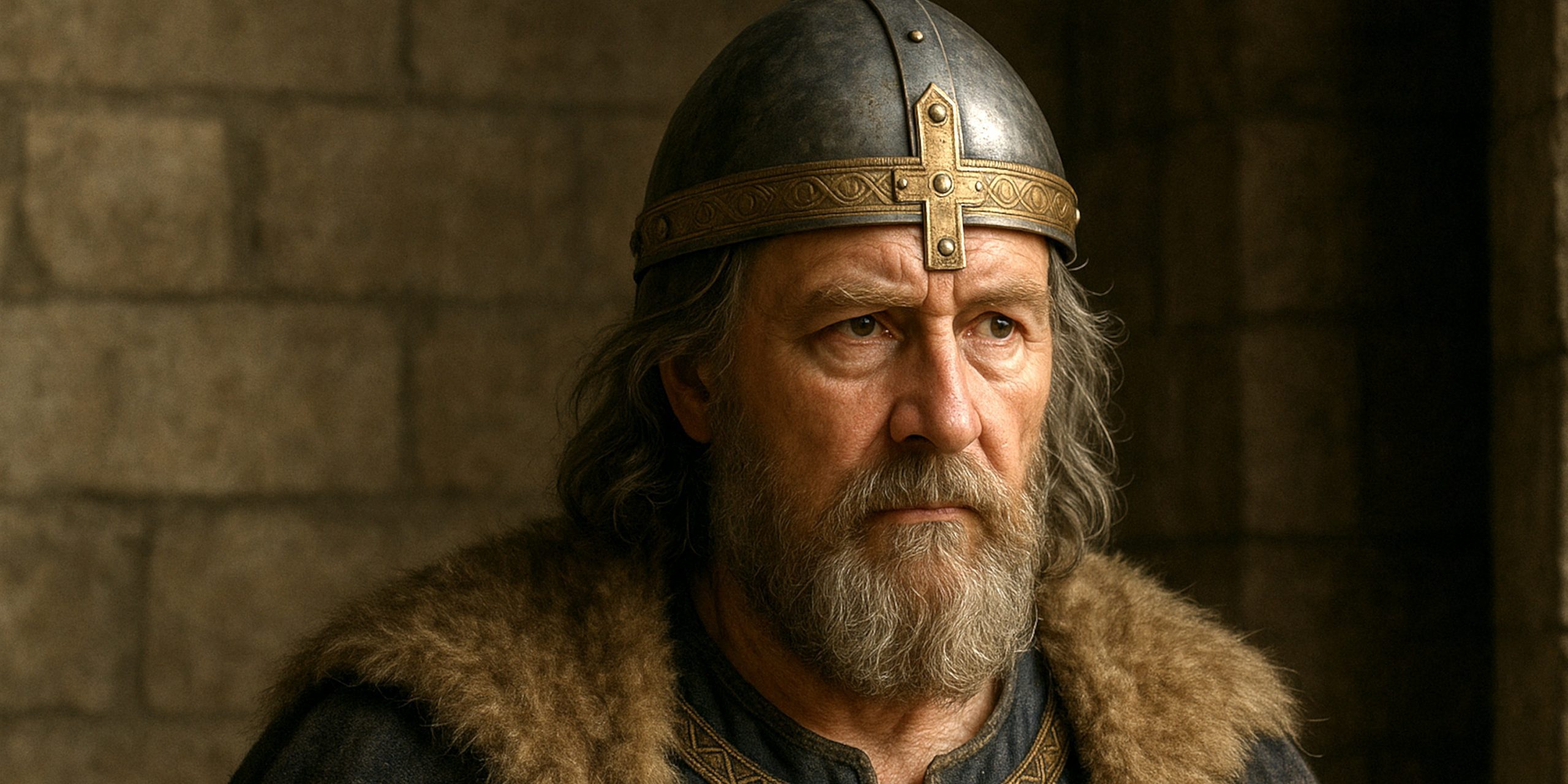
Few Anglo-Saxon kings have had a better press agent than Alfred the Great. He’s remembered as a warrior, scholar, and visionary, the man who lit the first spark of English unity. Yet the more one studies him, the more he feels like a blend of fact, legend, and a touch of medieval storytelling flair. Let’s separate the history from the hagiography, and see which bits of Alfred’s tale hold up to scrutiny.
7 Facts About Alfred the Great
1. He was the only English monarch officially called “the Great”
Alfred’s “Great” title wasn’t self-appointed, nor was it immediate. Later generations bestowed it for his success in resisting Viking invasion, reforming governance, and nurturing learning. Whatever one thinks of the title, it’s hard to argue he didn’t earn it in some fashion.
2. He successfully defended Wessex from the Vikings
In 878, Alfred turned the tide at the Battle of Edington, defeating the Great Heathen Army under Guthrum. His victory ensured Wessex survived when most of England had fallen. Without it, there may never have been an England at all.
3. He established the beginnings of English law and learning
Alfred oversaw a legal code that blended old custom with Christian morality. He also championed education, commissioning translations of Latin texts into Old English. Essentially, he was trying to make his nobles literate, which, given the period, was rather optimistic.
4. He created a standing military and improved fortifications
Alfred reorganised defence by building a network of burhs (fortified towns) and maintaining a part-time standing army. It was as close to a modern defence infrastructure as Anglo-Saxon England could manage, and it worked.
5. He encouraged naval innovation
Often credited as the “father of the English navy”, Alfred ordered ships to be built larger and faster than those of the Danes. They were not particularly seaworthy, but the intention was noble.
6. He promoted literacy and translation
Alfred didn’t just value books, he read and translated them himself. His prefaces to works such as Pastoral Care reveal a thoughtful, weary ruler lamenting the decline of knowledge. It’s the closest thing we have to the inner voice of an Anglo-Saxon king.
7. His reign laid the groundwork for a unified England
Though Alfred ruled only Wessex and parts of the south, his successors built on his model. The dream of “Englaland” begins here, in Alfred’s stubborn defence and his administrative reforms.
7 Myths About Alfred the Great
1. He burned the cakes
The most famous story has him hiding in a peasant woman’s hut and burning her cakes while lost in thought. A great moral parable, yes, but it appears centuries after his death. There’s no evidence it ever happened. One suspects the poor woman was invented for dramatic effect.
2. He invented the English navy
Alfred improved existing naval tactics and ship designs, but he didn’t invent a navy from scratch. Coastal defence fleets had existed under earlier kings. Alfred simply gave them better ships, questionable engineering, and royal backing.
3. He united all of England
He didn’t. Alfred ruled Wessex, Kent, and parts of Mercia. The Danelaw in the north remained Viking territory. The idea of a fully unified England belonged more to his grandson, Æthelstan, who actually managed it.
4. He was universally beloved
Contemporary sources like Asser’s Life of King Alfred paint him as saintly. Yet he faced internal dissent, overbearing taxes, and regional resentment. No medieval ruler, however “great”, was universally adored.
5. He was purely a man of peace and learning
The romantic image of Alfred the scholar-king ignores his ruthless side. He executed rebels, burned settlements, and played politics like any other monarch of his day. His intelligence did not preclude a sharp sword.
6. He invented the idea of “England”
Not quite. The idea of a single English identity had been emerging long before Alfred, especially through the Church. What Alfred did was strengthen and articulate it, giving it shape through survival and governance.
7. He was an early modern liberal before his time
Victorian historians adored Alfred because they saw themselves in him: moral, educated, Protestant, and industrious. In truth, Alfred was a ninth-century warrior-king with a religious worldview and little patience for dissent. Admirable, yes, but not a man you’d want drafting your constitution.
The Seven Swords Takeaway
Alfred the Great was, in many ways, both greater and grittier than the myths allow. His achievements were extraordinary for his time, but they’ve also been polished by a thousand years of patriotic storytelling. He wasn’t perfect, nor was he merely a tale of burnt cakes and pious wisdom. He was a man who held a fractured kingdom together through intellect, faith, and just enough stubbornness to outlast the Vikings.
Watch the documentary:

